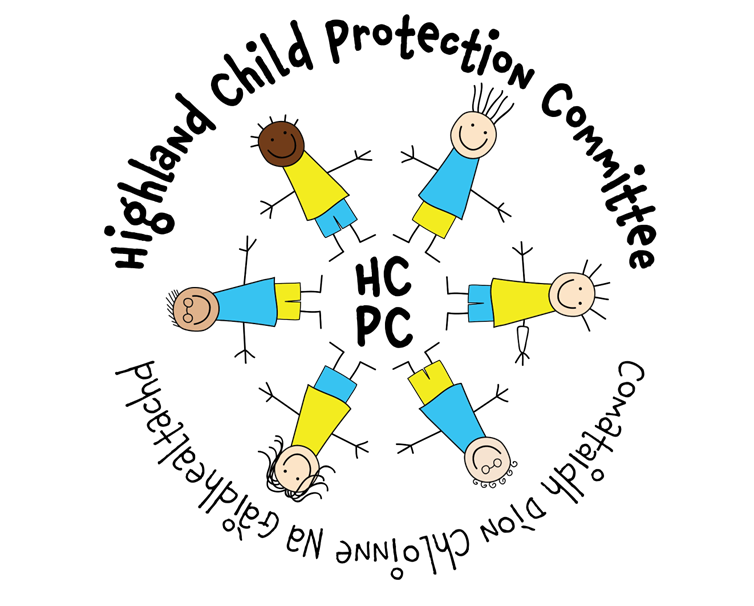Wherever possible, the wishes of children who may have experienced sexual abuse, should be considered and supported in respect of choice of sex of examiner (Clinical Pathways NHS Scotland 2020).
As far as can be achieved in the circumstances, the examining doctor should have:
- all relevant information about the cause for concern
- information on previous concerns about abuse or neglect
- the inter-agency plan to meet the child’s needs at this stage
- relevant known background of the family or other relevant adults
- information from joint investigative interview if available
- preparatory discussion with the relevant social work and police officer
- preparatory meeting with parent or carer and child
It should be recorded what information is handed over/conveyed verbally to the examining doctor and by whom.
Social work services, the police and the examining doctor should ensure that the child and parent(s) (and/or any other trusted adult accompanying the child) have the opportunity to hear about what is happening, why and where so that they have an opportunity to ask questions and gain reassurance.
Consideration will be given to how the child may be examined in child-friendly surroundings, with the right support for their age, stage and understanding.
Consent must be obtained in one of the following ways:
- from a parent or carer with parental rights
- from a young person assessed to have capacity
- through a court order
The Age of Legal Capacity (Scotland) Act 1991 allows a child under the age of 16 to consent to any medical procedure or practice if in the opinion of the qualified medical practitioner the child is capable of understanding the nature and possible consequences of the proposed examination or procedure. Children who are assessed as having capacity to consent can withhold their consent to any part of the medical examination, for example, the taking of blood, or a video recording. Consent must be documented within medical notes and must reflect which parts of the process have been consented to and by whom. This includes consent to forensic medical examination.
In order to ensure that children and their families give properly informed consent to medical examinations, it is the role of the examining doctor, assisted if necessary by the social worker or police officer, to provide information about all aspects of the procedure and how the results may be used; and to ensure informed consent has been obtained. Where a medical examination is thought necessary for the purposes of obtaining evidence in criminal proceedings, but the parents/carers refuse their consent, the Procurator Fiscal may, in exceptional circumstances, consider obtaining a warrant for this purpose. However, where a child who has legal capacity to consent declines to do so, the Procurator Fiscal will not seek a warrant.
If the local authority believes that a medical examination is required to find out whether concerns about a child’s safety or welfare are justified, and parents refuse consent, the Local Authority may apply to a Sheriff for a child assessment order, or a child protection order with a condition of medical examination. This is still subject to child’s consent (under section 186 of the 2011 Act).
![]() The health assessment of a child for whom there are child protection concerns aims:
The health assessment of a child for whom there are child protection concerns aims:
